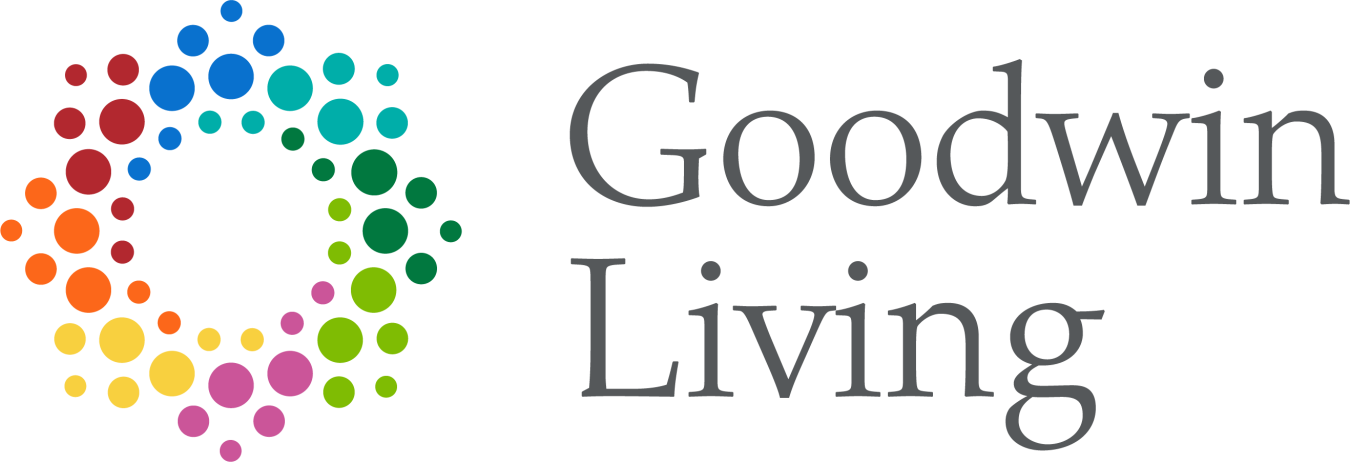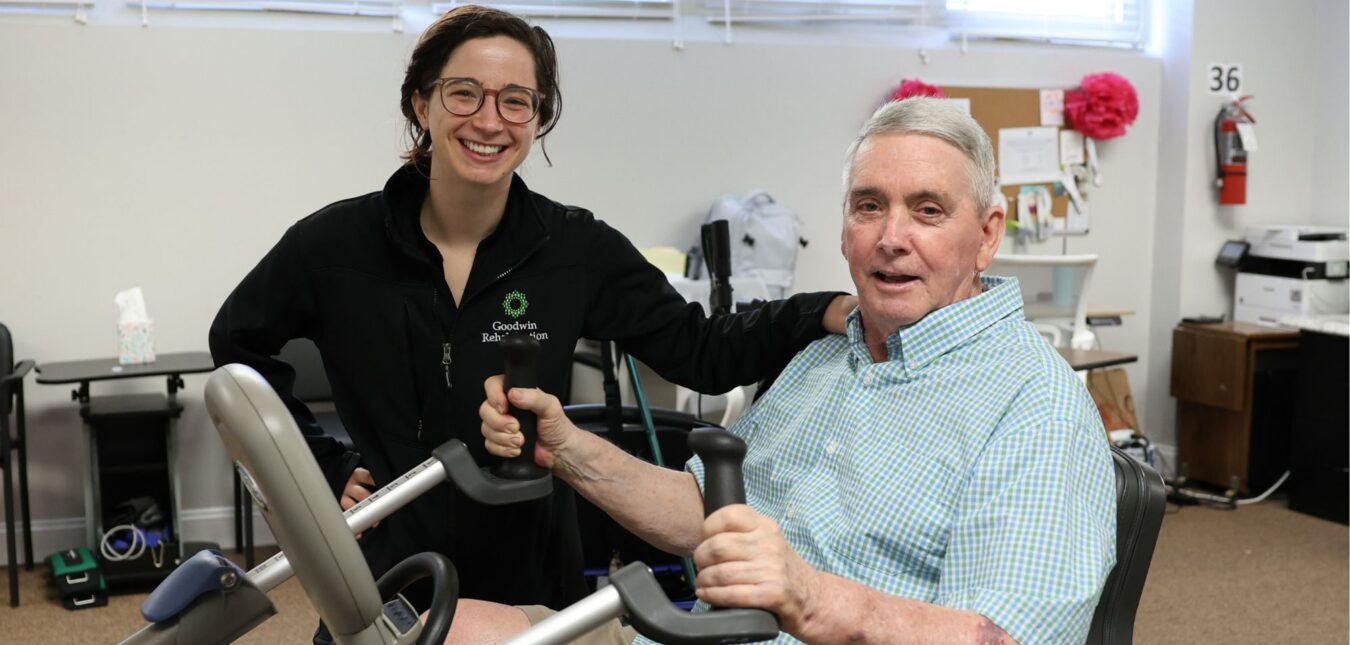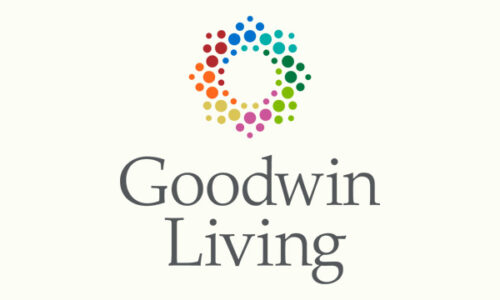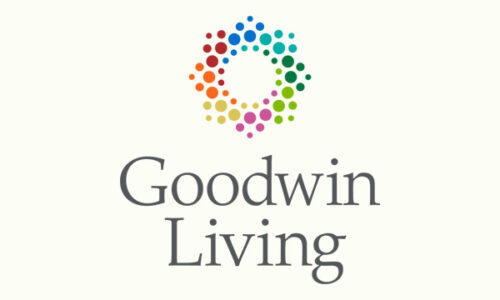October 16, 2024
Vitala: A New Approach to Exercise as Medicine at Goodwin Living
By Amanda Ranowsky
As part of our mission to support, honor and uplift the lives of older adults and those who care for them, Goodwin Living continually seeks innovative tools and technologies to enhance our person-centered care.
During the pandemic, we incorporated technology to reduce the spread of viruses. Just last year, we introduced an innovative instrument—the Crdl—to help us connect with those living with dementia. In line with our commitment to finding cutting-edge solutions that enhance the health and independence of older adults, we recently acquired a revolutionary tool that makes rehabilitation more personalized and accessible: Vitala. Goodwin Living is the first senior living and healthcare services provider in Northern Virginia to acquire Vitala and provide it to residents and those who receive out-patient services from us.
What Is Vitala?
Vitala starts with the premise that exercise is medicine. A clinically integrated telehealth platform, Vitala helps healthcare providers prescribe, monitor and manage personalized exercise programs based on each patient’s diagnosis, mobility, pain levels and goals. It also helps patients follow plans and stay accountable.
Through this tool, patients can continue their therapy at home with ongoing guidance from their therapists. Once their therapist inputs in the diagnoses, patient goals and functional ability the Vitala app curates exercises for the patient based on that information. Patients follow their prescribed exercises using the Vitala app, which tracks their progress and allows healthcare providers to monitor their activity remotely.
Goodwin Rehabilitation first introduced the Vitala program to patients and residents at The View Alexandria (TVA), where we offer inpatient and outpatient rehabilitation services.
“We’ve been using Vitala for the past three or four months,” shared Lia Poynor, director of Goodwin Rehabilitation at The View Alexandria. “It’s highly effective in that it tailors the exercises specifically for the patient’s needs and it gives me confidence as a therapist, knowing that the exercises that it’s prescribing are the best exercises for that patient. It’s been really great to be able to prescribe exercise as medicine to our patients, in addition to the therapy that they’re getting from us.”
Exercise as Medicine
Vitala promotes the concept of “exercise as medicine” as a lifestyle intervention that can help healthcare providers address and prevent the root causes of chronic diseases. As the World Health Organization (WHO) identifies physical inactivity as the fourth leading risk factor for global mortality, we all can benefit from every tool possible to help lead to better outcomes. App-based technology like Vitala can play a significant role by allowing healthcare providers to prescribe exercise in a way that is accessible and trackable for patients.
“I think physical activity is such a staple when it comes to a person’s overall health and well-being,” said Petter Aasa, co-founder and CEO of Vitala. “We are happy to be working with Goodwin Living to empower their patients and residents to become more physically active in their day-to-day lives and take a more active part in their own health plans.”
Lia has certainly seen improvements with the residents and patients she serves at TVA. “Vitala has helped to motivate them to be more active and to create the kind of lifestyle that we’re looking for that will help them maintain the strength and skills they build in their work with us,” she said.
Goodwin Rehabilitation began offering the Vitala program at Goodwin House Alexandria (GHA) one month ago. GHA resident John Kress, one of the first residents on his campus to adopt Vitala, has used the program to maintain his own progress. Having recovered from cervical spine surgery last year, he acknowledged the challenges with keeping up with the exercises that had allowed him to regain strength and mobility.
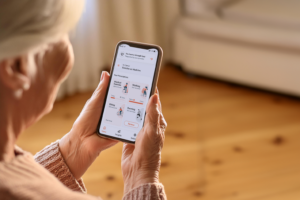
“The problem with physical therapy is that you have appointments three times a week for four weeks or eight weeks or whatever, and then you’re done. And in most instances, after that you stop doing the exercises because you’re not obligated to keep an appointment,” he said. “Even if you try, you start falling out of the habit. Vitala makes it easy to stick with the habit because it’s on your phone and it’s a way to keep up your physical therapy without having to go to the therapy space.”
Keeping Patients Accountable
Even with the best intentions, maintaining a regular exercise routine can be difficult, especially for older adults dealing with chronic conditions or recovering from injury. Yet research has proven exercise to be preventative as well as therapeutic for managing chronic conditions in older adults, including cardiovascular disease, diabetes and arthritis. Regular physical activity improves balance, strength and mobility, which can significantly delay functional decline. Studies have also shown that exercise can improve quality of life for stroke survivors.
That’s where Vitala comes in—it’s a tool for therapy AND it’s an accountability partner to keep patients engaged.
Take TVA residents Jerry Jones and Manuel De La Puente. Jerry uses Vitala to support his stroke recovery, while Manuel uses it to manage Parkinson’s disease, a chronic condition that causes challenges with movement.
“Three years ago, I had a stroke,” Jerry shared. “I was a coach and very active in lots of sports. Adjusting to a life with limited mobility was extremely difficult physically, mentally and emotionally.”
Jerry acknowledged one of the biggest challenges stroke patients face in their recovery: “You try to get recovery, but you lose it as fast as you gain it,” he said. “You have to keep up the work on a regular basis.”
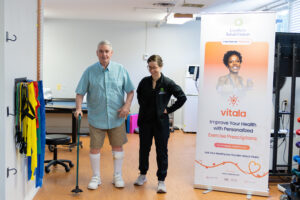
Since moving to TVA in 2023, Jerry has received much-needed support for his recovery journey. “I’ve received therapy elsewhere, but it always meant I had to make the appointments, I had to go in, etc.” he said. “Here, once they got me in the program, they set my schedule. I come for physical therapy once a week, but I also have a prescription for walking four days a week and riding the bike for three days a week. For someone like me, who is used to being coached, I need that structure in order to maintain a rhythm.”
Manuel moved to TVA three months ago and started using Vitala as part of his treatment to manage Parkinson’s disease. “It’s helped me keep up with my exercises and holds me accountable,” he said. “I know that the physical therapist checks to see if I’ve done them. Left up to me, I wouldn’t exercise.”
As someone with Parkinson’s disease, Manuel knows that this accountability means he keeps up with a very necessary part of his treatment plan. “You can’t just take medications and not worry about exercise,” he insisted. “They go hand in hand.”
User-Friendly Interface Encourages Consistent Use
Even though many older adults use smartphones, only a small fraction utilize health apps to manage their conditions. A recent AARP survey showed 63% of respondents had a chronic condition, yet just 20% of them used an app to help manage their condition. While 60% were aware of apps that might be helpful for managing their condition, they still choose not to use one.
This gap highlights the importance of designing user-friendly, supportive tools like Vitala.
“There’s a lot of people who might feel hesitation about downloading another app, especially those of us of an older generation,” Jerry said. “My daughter finally talked me into giving up my flip phone only two years ago, so when they told me about this Vitala app, I immediately had concerns. But they walked me through it, and it’s easy as can possibly be.”
Factors like program design, supervision and social support play a crucial role in ensuring older adults consistently engage in physical exercise. Addressing these factors can significantly improve the likelihood of consistent participation in exercise programs. Vitala’s design integrates all these key factors, making it easier for patients to stay on track.
“You use your phone to talk to your grandchildren; you can use your phone for this,” John reasoned. “It isn’t that complicated.”
“Once you have it, there’s really nothing to it,” he continued. “You click on the app; it comes up; you tell it what kind of workout you want to do, how intense you want it to be, whether or not you want to use equipment – and then you just do it!”
Shifting to a More Sustainable Model for Rehabilitation
Vitala is more than just a telehealth tool—it represents a notable shift in how rehabilitation can be delivered and sustained over time. Whether you’re recovering from an injury, managing a chronic condition or simply aiming to stay active, Vitala can help you stay on track. Its user-friendly design, personalized exercise plans and remote monitoring make it an invaluable resource for anyone looking to make physical activity a regular part of their life.
For older adults like John, Manuel and Jerry, tools like Vitala represent an opportunity to maintain independence and improve quality of life. It enables healthcare providers to offer continuous support and accountability, reinforcing the idea that physical activity is not just a temporary intervention.
“Innovations like Vitala have the potential to reshape rehabilitation, creating a more sustainable model of care for older adults, said Lia “I am grateful that Goodwin Living continues to look forward and bring these new technologies to our patients and residents.”
————————————-
As Marketing & Communications Specialist, Amanda Ranowsky partners with colleagues throughout Goodwin Living to tell our stories and raise brand awareness. From printed collateral to digital marketing, Amanda covers many bases. Before joining GHI, Amanda worked for a small, family-owned business where she gained experience in content marketing. Amanda’s creative expression extends beyond the office. She is an active member of community theater and chorus groups.
